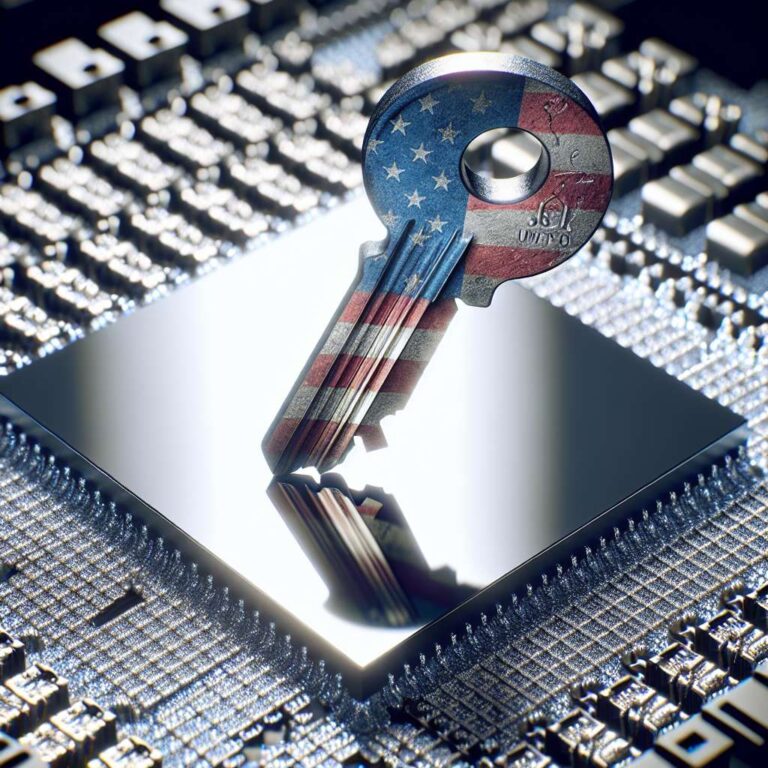On Aug. 22 the U.S. government announced it would convert CHIPS Act grant money awarded to Intel into equity, receiving just over 433 million shares and creating about an 8.85% ownership stake in the company. The per-share price and the original grant amount are not stated in the article. The conversion effectively diluted existing shareholders by roughly 8.9%, and the article notes dilution could exceed 10% when accounting for a recent equity investment by Softbank, the size of which is not stated.
The article outlines three main downsides. First, CHIPS Act grants were intended as conditional subsidies, so converting them to equity after the fact sets a novel precedent and diluted shareholders who had expected grant payments. Second, Intel warned the government stake could threaten some international sales, a meaningful concern given that 76% of Intel revenue comes from international markets. Third, while the government pledged not to micromanage, it agreed to vote with Intel´s board on proposals and nominees, which strengthens the board and could make it harder for outside shareholders to change course if they disagree with board decisions.
There are several potential upsides. Intel received immediate capital and relief from some CHIPS Act conditions, including workforce requirements and an excess profits clause, which could improve its near-term balance sheet and make it easier to secure foundry customers. The government stake and Softbank´s equity investment could also encourage customers to favor Intel Foundry Services, particularly for firms seeking to stay in the administration´s good graces. Softbank owns a large stake in Arm Holdings and has made multiple moves tied to Artificial Intelligence infrastructure, which could channel business to Intel foundry, though specific investment amounts for Softbank and other deals are not stated.
The article also points to possible technological momentum: Intel´s 18A node is slated for initial production later this year with the Panther Lake CPU and includes features such as backside power and gate-all-around transistors; Intel has purchased high-NA lithography machines. Overall, the author concludes the immediate benefits of funding and potential customer wins may outweigh the governance and geopolitical risks, which likely explains why Intel´s stock rose on the news.

